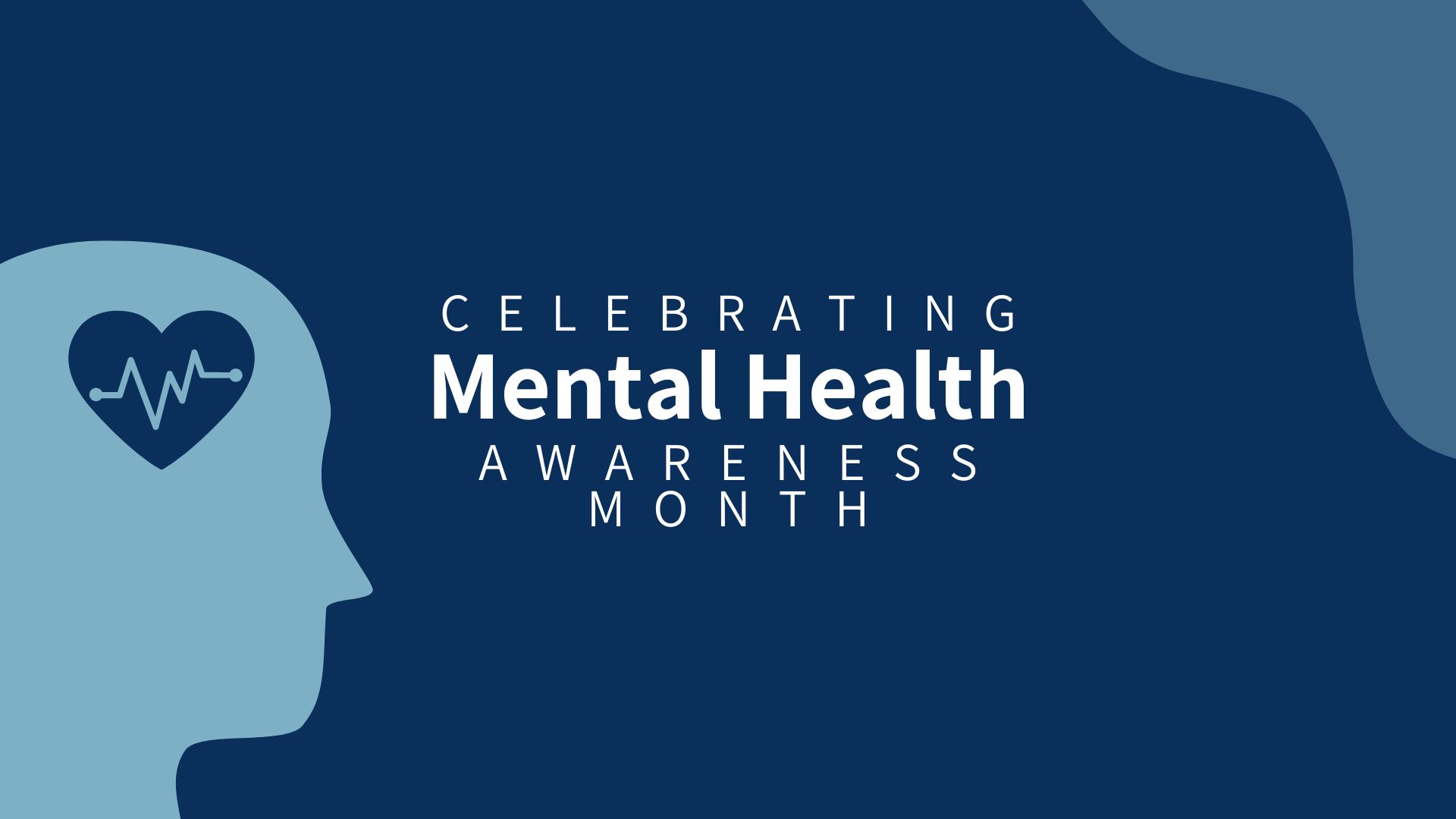May 1, 2023
Mental Health Awareness Month

Defining Terms: Invisible Disability
During Mental Health Awareness month, we believe it’s crucial to define the term “invisible disability”, as mental health impairments often fall under this category, and learning about the term can open doors to understanding, acceptance, and change.
An invisible disability is a physical, mental, or neurological condition that is not visible from the outside yet can still limit and/or challenge a person’s movements, senses, and/or activity. Unfortunately, because these symptoms aren’t visible to others, misconceptions, misunderstandings, and false judgements can occur. For example, judging someone for parking in an accessible parking space just because they don’t appear to have a visible disability.
The term disability is used to describe an ongoing physical or mental impairment. This challenge can be temporary, or it may be life-long, however the term should never be used to describe someone as inferior to an abled person. We all have our own unique challenges, talents, and purpose regardless of whether we have a disability or not.
The Impact of Mental Health on Persons with Disabilities
Mental health is a significant issue for persons with disabilities in Canada, and it can have a profound impact on their lives. According to the Canadian Mental Health Association, individuals with disabilities are more likely to experience mental health challenges than those without disabilities. The stress of dealing with physical challenges, navigating the healthcare system, and coping with social isolation can lead to increased anxiety, depression, and other mental health conditions.
Furthermore, there are several barriers to accessing mental health services for persons with disabilities. These barriers include lack of accessible transportation, physical barriers at healthcare facilities, and limited availability of mental health professionals with expertise in working with individuals with disabilities. In addition, many individuals with disabilities may face financial barriers to accessing mental health services due to the high costs associated with transportation, medications, and therapy.
The impact of mental health issues on persons with disabilities can be severe. It can lead to decreased quality of life, decreased ability to participate in daily activities, and increased healthcare costs. It can also exacerbate the physical symptoms of their disabilities and lead to a cycle of poor health outcomes.
It is crucial for individuals with disabilities to have access to appropriate mental health services and support to promote their overall health and well-being. More resources and funding are needed to address the unique mental health needs of this population and to break down the barriers to accessing care.
Addressing the Mental Health Challenges Faced by Persons with Disabilities in Canada
To address the mental health challenges faced by persons with disabilities in Canada, several measures can be taken. One of the most important measures is to increase social inclusion. Persons with disabilities should be provided with opportunities to participate in community activities, social events, and other social activities. This inclusion will reduce feelings of social isolation and loneliness and improve mental health.
Another essential measure is to reduce stigma surrounding disabilities. Education and awareness campaigns can be conducted to help reduce the negative attitudes and stereotypes surrounding persons with disabilities. These campaigns can be targeted at the general public, employers, and healthcare providers.
Providing greater access to mental health services is also essential. Mental health services should be designed to be accessible to persons with disabilities, including those with physical and communication barriers. Mental health professionals should also be trained to work with persons with disabilities and to understand the unique challenges they face.
Finally, addressing economic insecurity is essential to improving the mental health of persons with disabilities. This can be achieved by providing financial support to persons with disabilities, including income assistance, disability pensions, and other financial benefits
5 Ways You Can Support Your Mental Health
We’ve compiled 5 tips you can start implementing today to help better your mood and mental health.
- Identify and challenge negative thoughts and practice gratitude:
Gratitude helps people feel more positive emotions, while challenging your negative thoughts opens your mind to constructive possibilities and solutions you may have never explored. - Set reasonable goals and instill healthy boundaries:
Oftentimes we don’t follow through on goals because our nervous systems can perceive them as a threat. The bigger the goal the larger the threat, so it’s important to work with our nervous systems and make small promises to ourselves instead. - Exercise/go for a walk and try to start eating healthier:
Exercise and other physical activity produce endorphins and ease anxiety. You can also practice deep breathing, mindfulness, and other relaxation techniques. - Try to get a good night’s rest or take a short nap in the day:
Good rest and naps improve energy, improve our reaction time, and reduce sleepiness in the daytime. They also lower stress and help regulate our mood thereby reducing anxiety and depression and inducing a calmer/relaxed state. - Develop a support system and nourish healthy relationships in your life:
Sometimes trying to handle our emotions on our own can feel overwhelming and if we don’t have a support system these emotions can feel insurmountable. It’s important to nourish healthy relationships in our lives or build a healthy support system.
CCRW Employment Services is for Everyone
CCRW supports jobseekers with all types of disabilities in gaining employment. We do not discriminate against the type of disability someone may have, nor their intersecting identities. We believe all persons with disabilities are deserving of employment. Contact us to find out how we can support your employment journey.
Subscribe
Sign up to receive updates from CCRW.